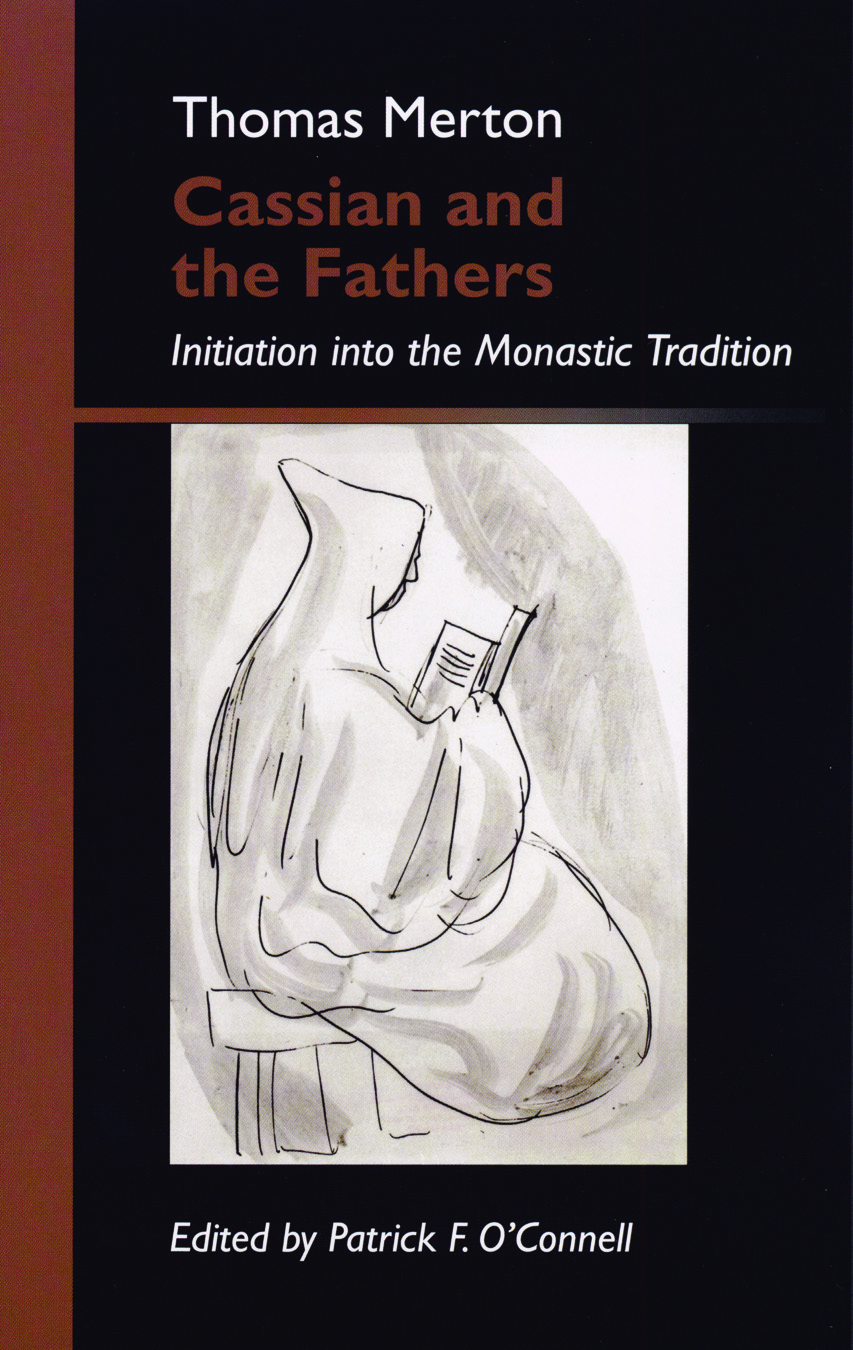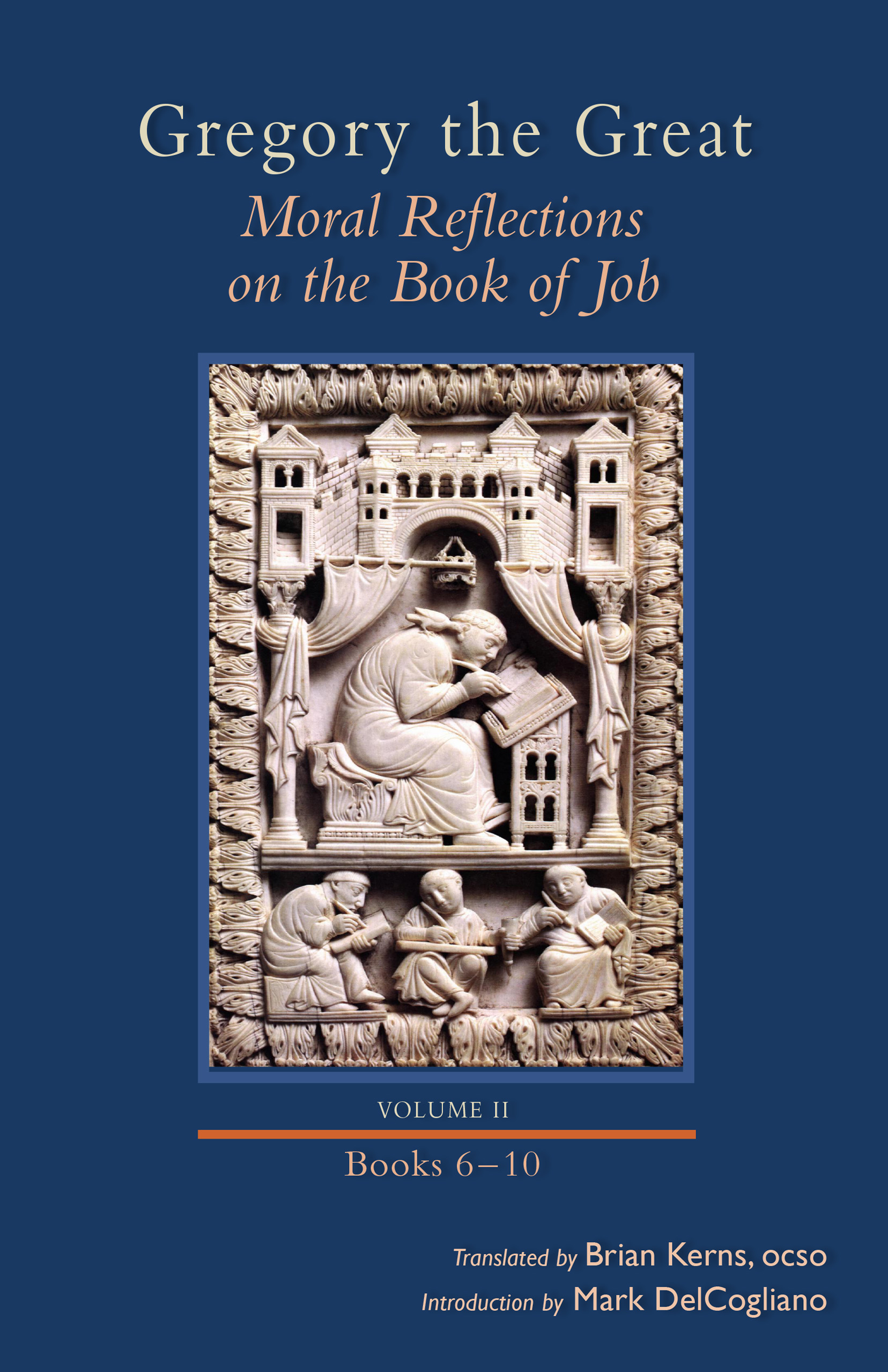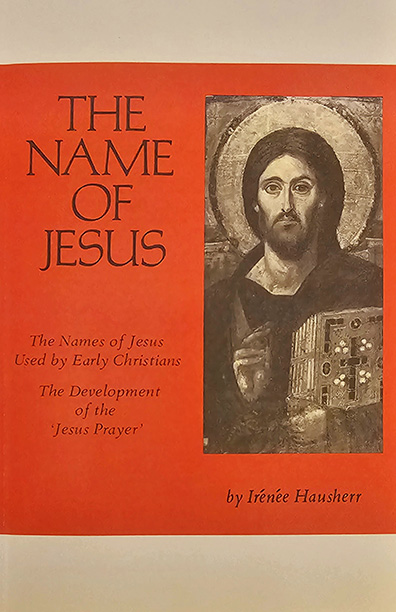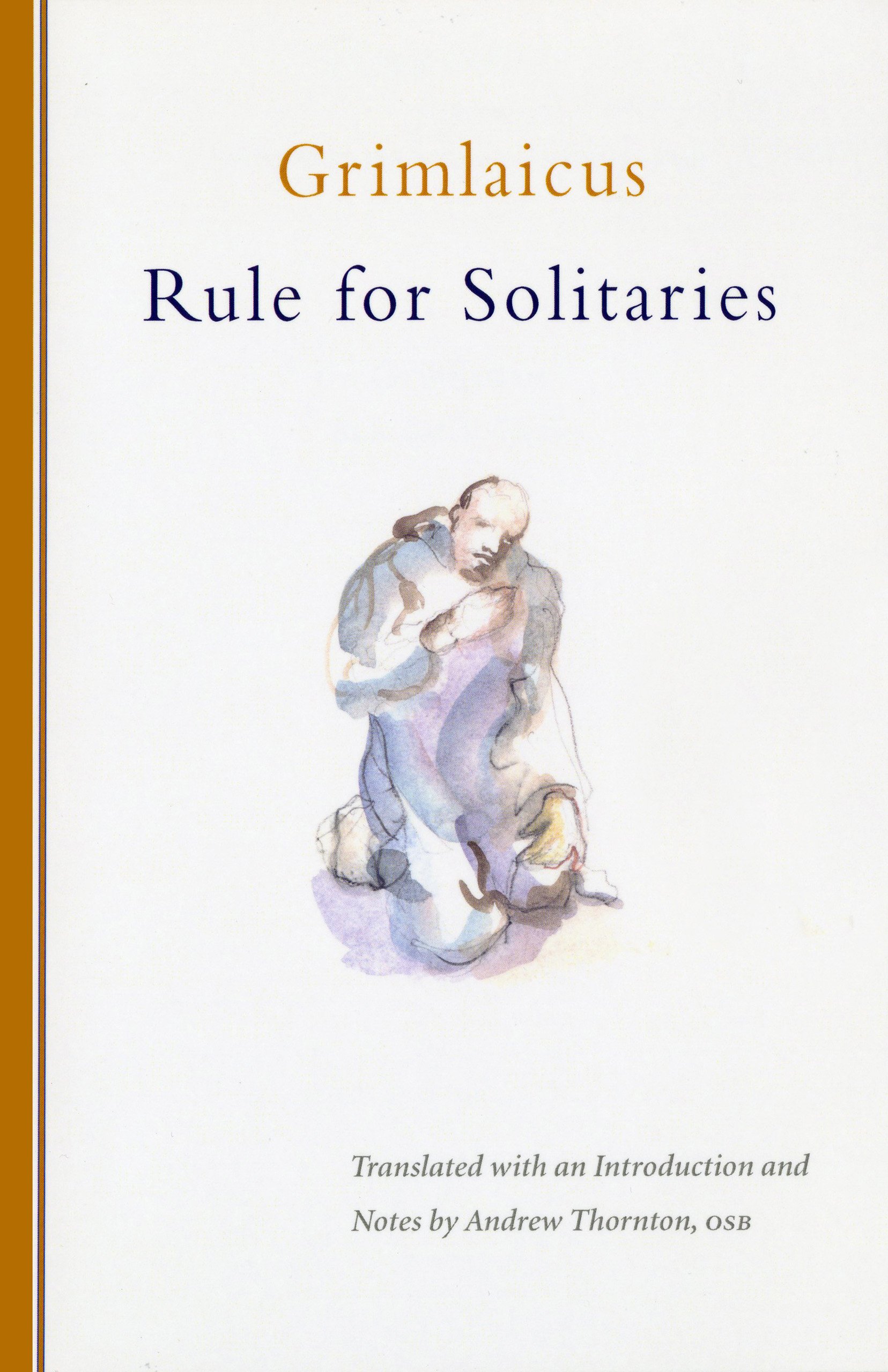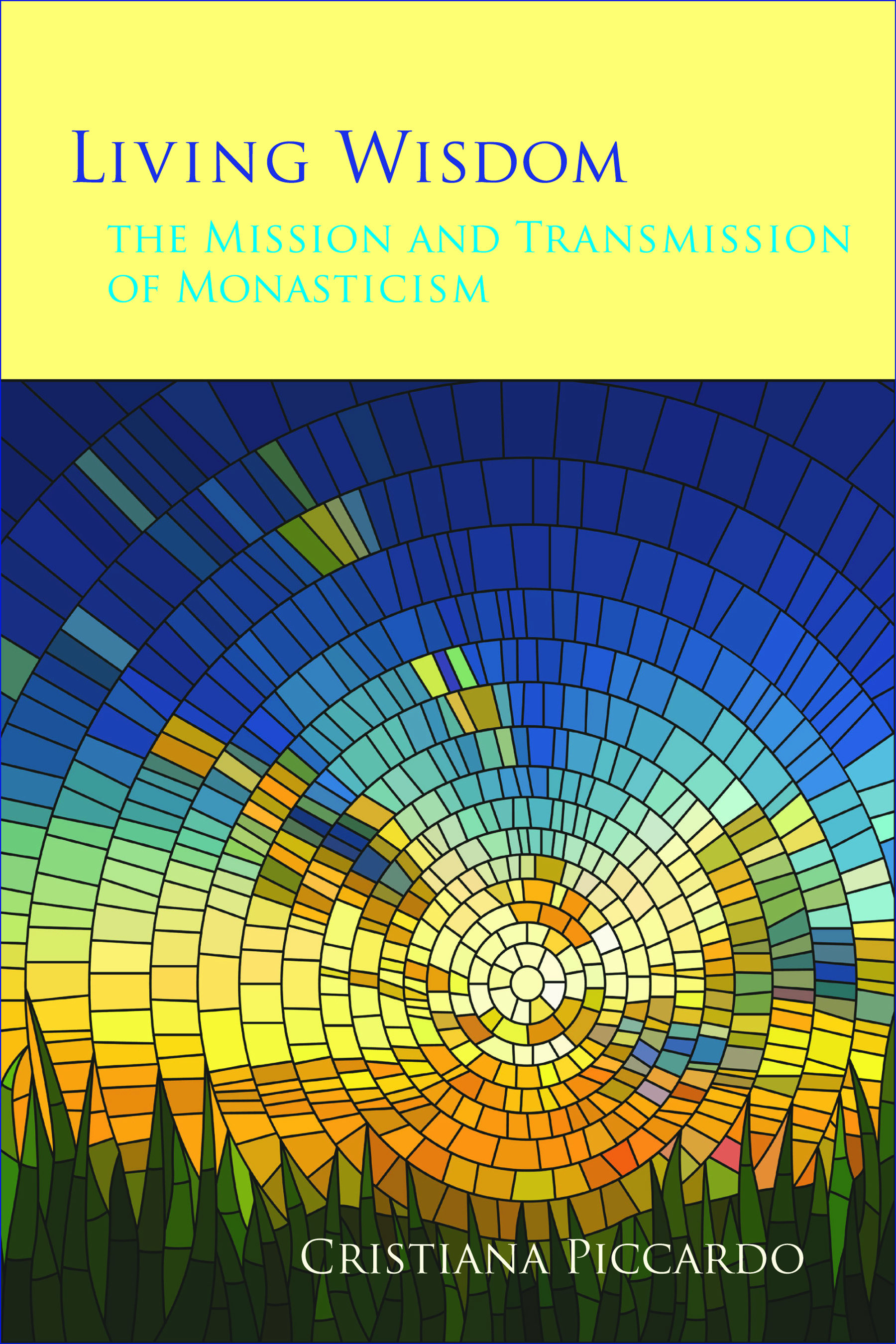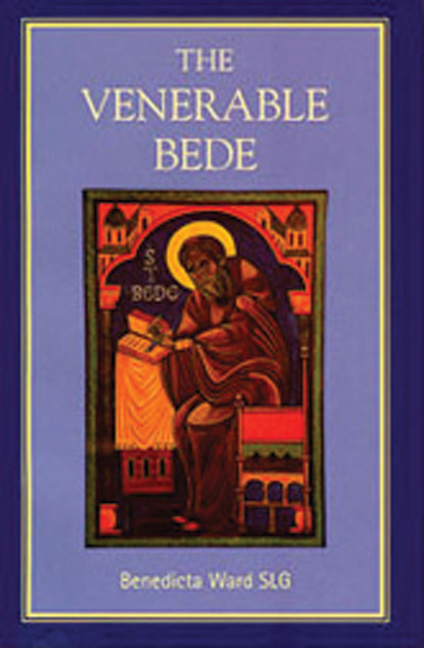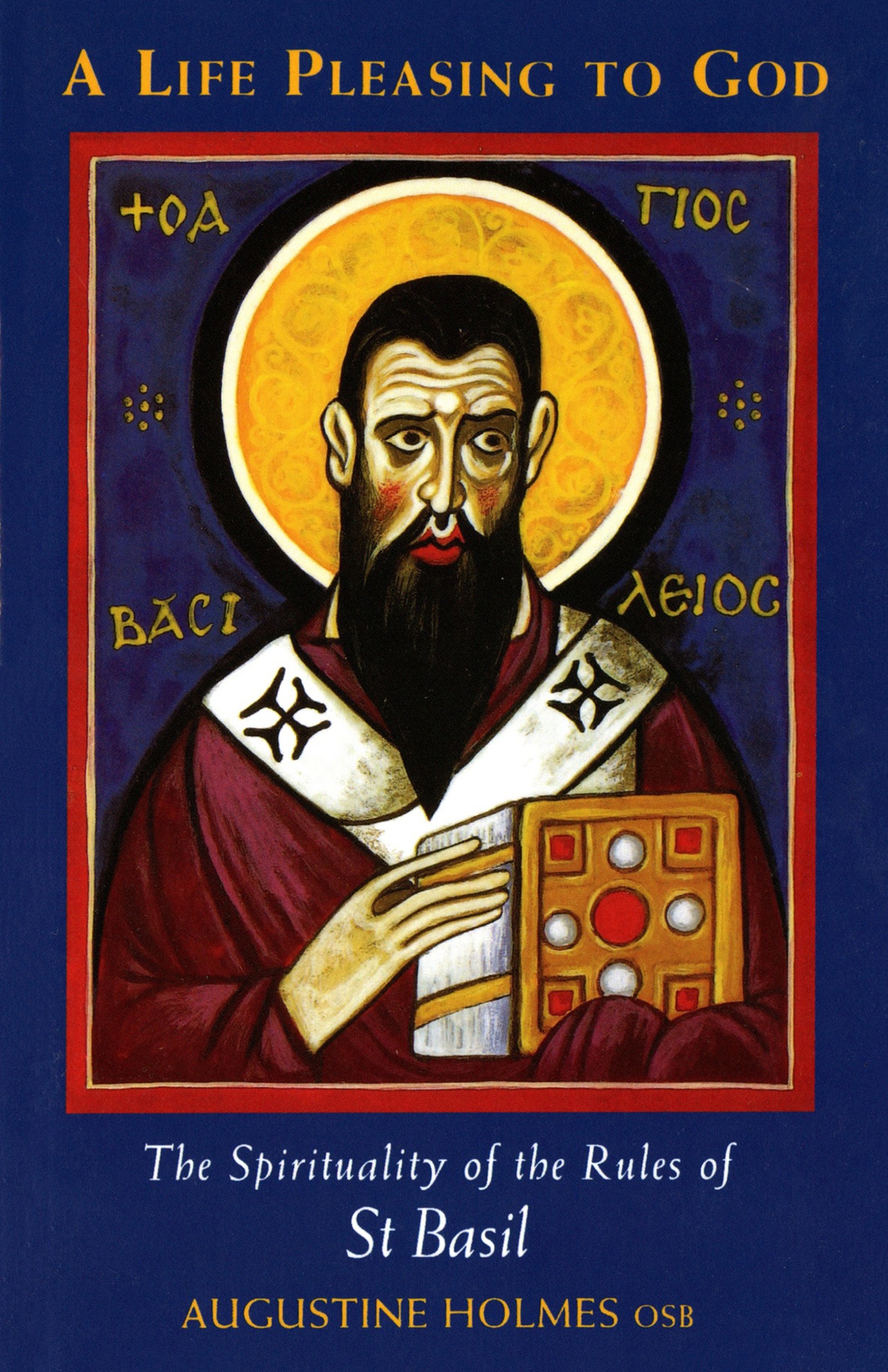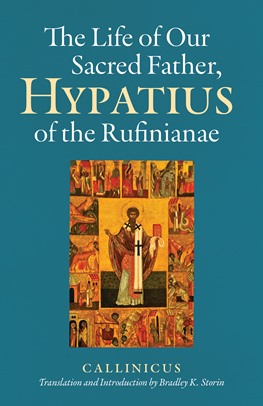Two biographical fragments of Saint Bernard of Clairvaux’s life and works are translated into English for the first time.
Saint Bernard of Clairvaux (1090–1153) was a commanding, and controversial, figure in early-twelfth-century Western European religious and political life. Even before his death, his followers expected him to be canonized—hence the various attempts to record his life, deeds, and miracles. Four of these important early witnesses—two biographical fragments, the Vita Secunda (an abbreviation of the Vita Prima), and the later Vita Quarta are here translated into English for the first time. The material they work and re-work testifies to the many evolving ways in which Bernard was perceived by his near contemporaries. They show how, and why, in Cistercian and Benedictine circles his memory was cherished in the period immediately before and after his death.
Alexandra Barratt is professor emeritus at the University of Waikato, New Zealand. She studied English and medieval studies at the Universities of Cambridge and Toronto and has published extensively on religious writing by medieval women in Latin and Middle English. She has previously translated for the Cistercian Fathers series Books One through Five of Gertrud the Great of Helfta’s Herald of God’s Loving-Kindness (CF 035, 063, 085 and 086), and Gertrud’s recently discovered Memorial of the Abundance of the Divine Sweetness (CF 088).


 Back
Back
